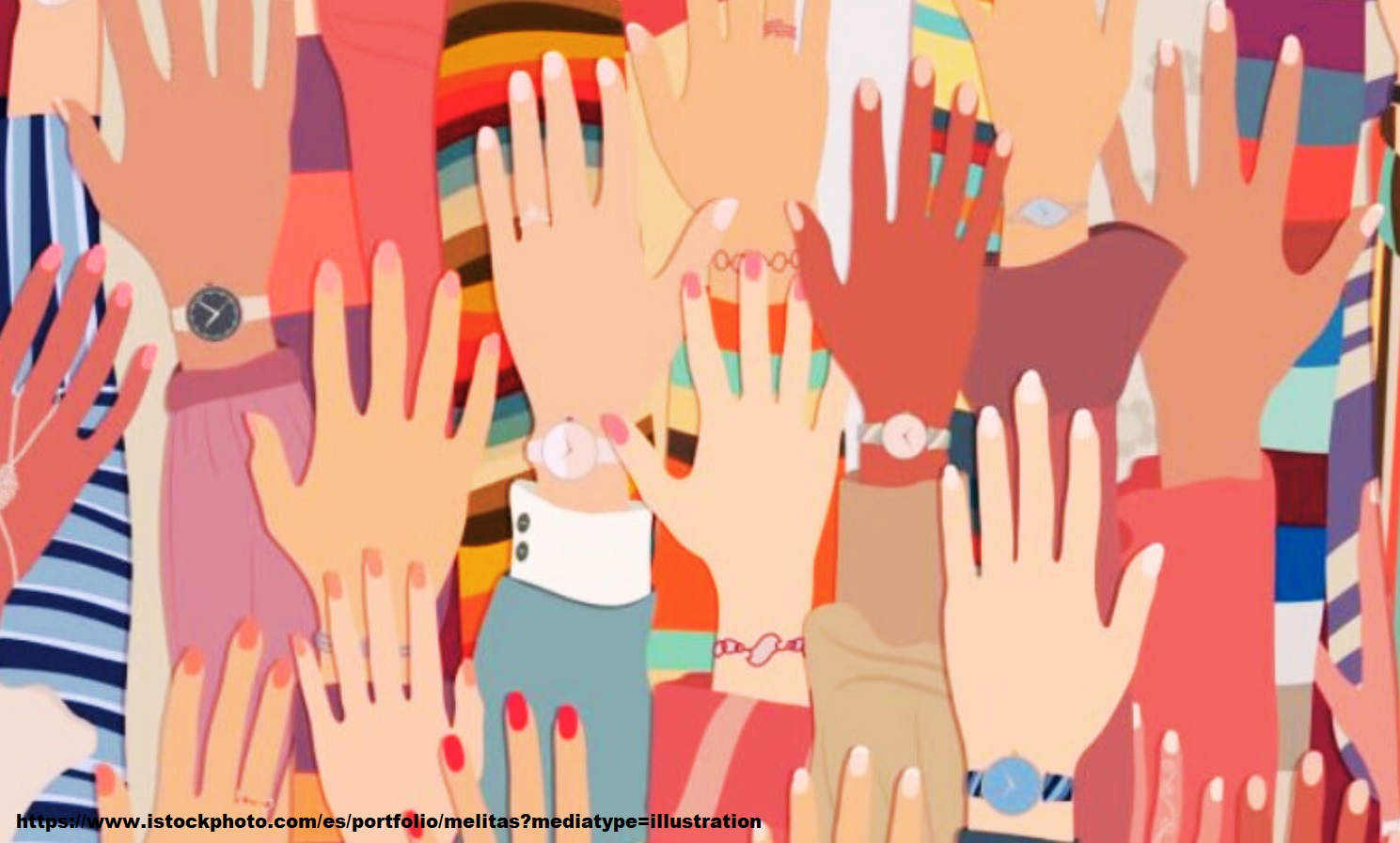Social Development, Natural Ecocide: An Ecofeminist Approach at Society in the Novel L’isola delle madri
DOI:
https://doi.org/10.54103/2035-7680/23090Keywords:
ecofeminism; literature; eco-dystopia; pollution; infertilityAbstract
Ecofeminism, with its roots in intersectional analysis, highlights the connections between dominion over nature and the oppression of women. This analytical category integrates the principles of ecology and feminism, promoting a philosophy that rethinks the social model and positions the individual in relation to others and the natural environment. The eco-dystopian novel by Maria Rosa Cutrufelli, L’isola delle madri, casts an anticipatory light on the impacts on nature and society of a world founded on biocidal and ecocidal principles. It describes a society born from hegemonic politics and economies, focused on immediate gain, detached from life, the earth, and the body. This eco-dystopia, masterfully depicted by Cutrufelli, emerges as a scenario of dark consequences of a post-natural era. Through the lens of ecofeminism, the essay analyzes the central themes of the novel such as the destruction of biodiversity and infertility, the results of a misunderstood concept of development. The study extends beyond the literary text, examining the sociocultural context to explore how eco-dystopia, in addition to being a literary genre, becomes a sharp tool for social and environmental critique.
Downloads
References
Aldani, Lino. La fantascienza. La Tribuna, 1962.
Andreozzi, Matteo. “Un’illogica utopia? Etica, questioni di genere, crisi ambientali e sfruttamento animale”. Donne, ambiente e animali non-umani. Riflessioni bioetiche al femminile, a cura di Carla Faralli et al., Edizioni Universitarie di Lettere Economia Diritto, 2017, pp. 13-20.
Beauvoir (de), Simone. Il secondo sesso. Il saggiatore, 2017.
Braidotti, Rosy. Madri, mostri e macchine. Manifestolibri, 1996.
Brioni, Simone, e Daniele Comberiati. Ideologia e rappresentazione: Percorsi attraverso la fantascienza italiana. Mimesis Edizioni, 2020.
Butter, Maureen. “Are women more vulnerable to environmental pollution? Journal of Human Ecology, n. 20, vol. 3, 2006, pp. 221-226.
Carson, Rachel. Silent Spring, Riverside Press. 1962.
Corea, Gena. The mother machine: Reproductive Technologies from artificial insemination to artificial wombs. Harper & Row, 1985.
Cutrufelli, Maria Rosa. L’isola delle madri. Mondadori, 2020.
D’Eaubonne, Françoise. Le Féminisme ou la mort. Pierre Horay Éditeur, 1974.
Glazebrook, Trish. “Karen Warren’s Ecofeminism”. Ethics and the Environment, vol. 7 n. 2, 2002, pp. 12-26. https://www.jstor.org/stable/40339034#metadata_info_tab_contents. Consultato il 12 Gen. 2023.
Ianuzzi, Giulia. Fantascienza italiana: riviste, autori e dibattiti dagli anni Cinquanta agli anni Settanta. Mimesis Edizioni, 2014.
Lerner, Gerda. The creation of patriarchy. Oxford University Press, 1986.
Malvestio, Marco. Raccontare la fine del mondo. Fantascienza e Antropocene. Nottetempo, 2021.
---. “Sognando la catastrofe. L’eco-distopia italiana del ventunesimo secolo.” Narrativa, n. 43, 2021, pp. 31-44. https://journals.openedition.org/narrativa/421. Consultato il 24 Ott. 2023.
Marre, Diana, et al. “On reproductive work in Spain: Transnational adoption, egg donation, surrogacy.” Medical Anthropology, n. 37, 2017, pp 158-173. https://www.tandfonline.com/doi/abs/10.1080/01459740.2017.1361947?journalCode=gmea20. Consultato il 15 Dic. 2022.
Merchant, Carolyne. The death of nature. Women, ecology and the scientific revolution. Harper & Row, 1983.
Mies, Maria, e Vandana Shiva. Ecofeminism. Zed Books, 2014.
Muraro, Luisa. L’ordine simbolico della madre. Editori Riuniti, 1991.
Onnis, Ramona, e Manuela Spinelli. “Dalla Madre alle madri? Fra distopia, mito e realtà.” Narrativa, n. 43, 2021, pp. 59-76. https://journals.openedition.org/narrativa/428. Consultato il 28 Ott. 2023.
Ortner, Sherry. “Is Female to Male as Nature Is to Culture?” Woman, culture, and society, a cura di Michelle Zimbalist Rosaldo e Louise Lamphere, Stanford University Press, 1974, pp. 68-87.
Plumwood, Val. Feminism and the Mastery of Nature. Routledge, 1993.
Puleo García, Alicia H. Ecofeminismo para otro mundo posible. Cátedra, 2011.
Shiva, Vandana. Staying Alive: Women, Ecology and Survival in India. Zed Books, 1988.
Silbergeld, Ellen, e Jodi Flaws. “Environmental Exposures and Women’s Health.” Clinical Obstetrics and Gynecology, vol. 45, n. 4, 2002, pp. 1119-1128.
Ulrich, Miriam, e Ann Weatherall. “Motherhood and Infertility: Viewing Motherhood through the Lens of Infertility.” Feminism & Psychology, vol. 3, n. 10, 2000, pp. 323-336. https://journals.sagepub.com/doi/10.1177/0959353500010003003. Consultato il 17 Nov. 2022.
Vall-Llobet, Carme. Mujeres, salud y poder. Ediciones Cátedra, 2009.
Waldby, Catherine. The Oocyte Economy. The Changing Meaning of Human Eggs. Duke University Press, 2019.
Warren, Karen. “The Power and Promise of Ecological Feminism”. Environmental Philosophy: From Animal Rights to Radical Ecology, a cura di Michael Zimmerman et. al. Prentice Hall, 1993, pp. 325- 344.
---. Ecofeminist Philosophy: A Western Perspective on What It is and Why It Matters. Rowman and Littlefield, 2000.
Downloads
Published
How to Cite
Issue
Section
License

This work is licensed under a Creative Commons Attribution-ShareAlike 4.0 International License.




